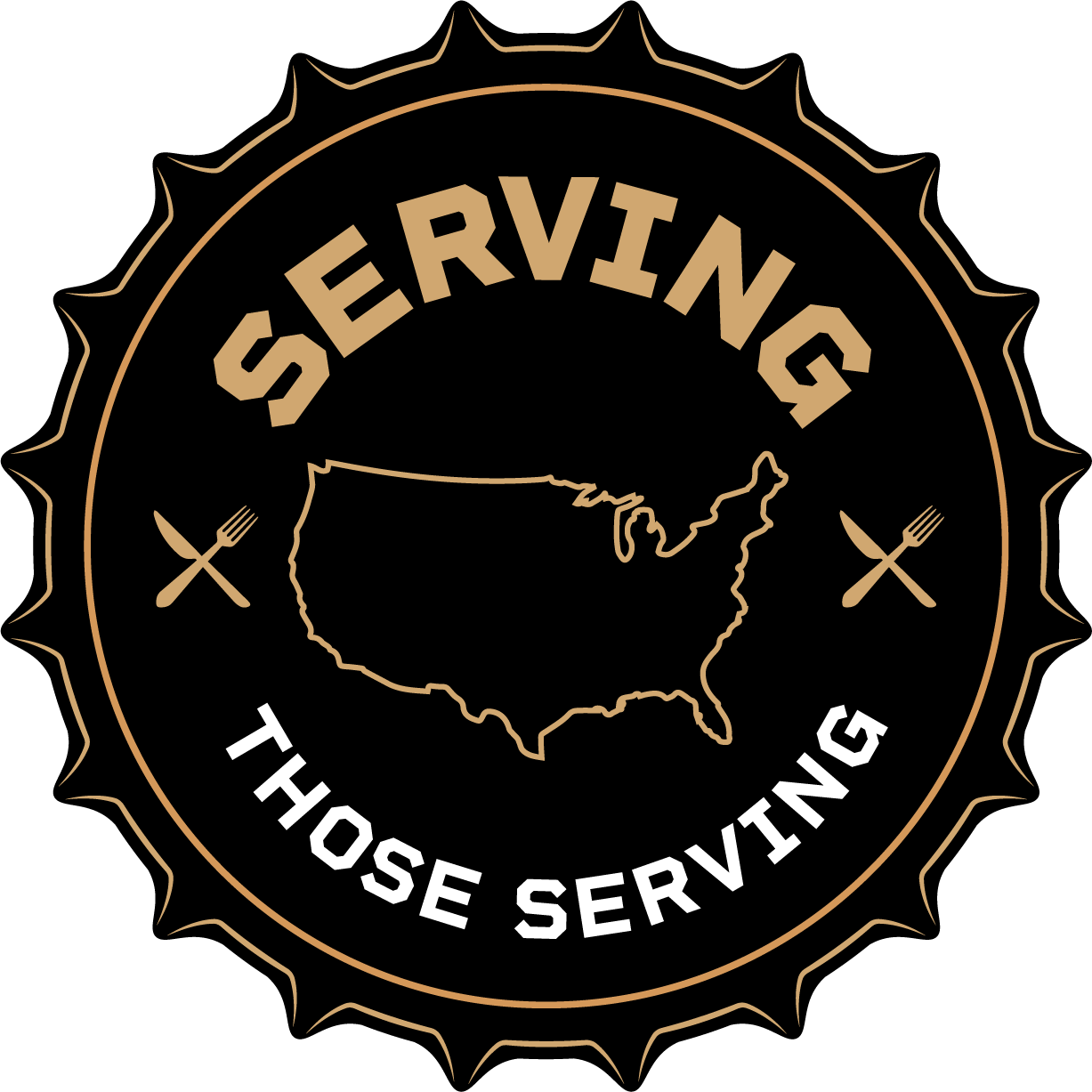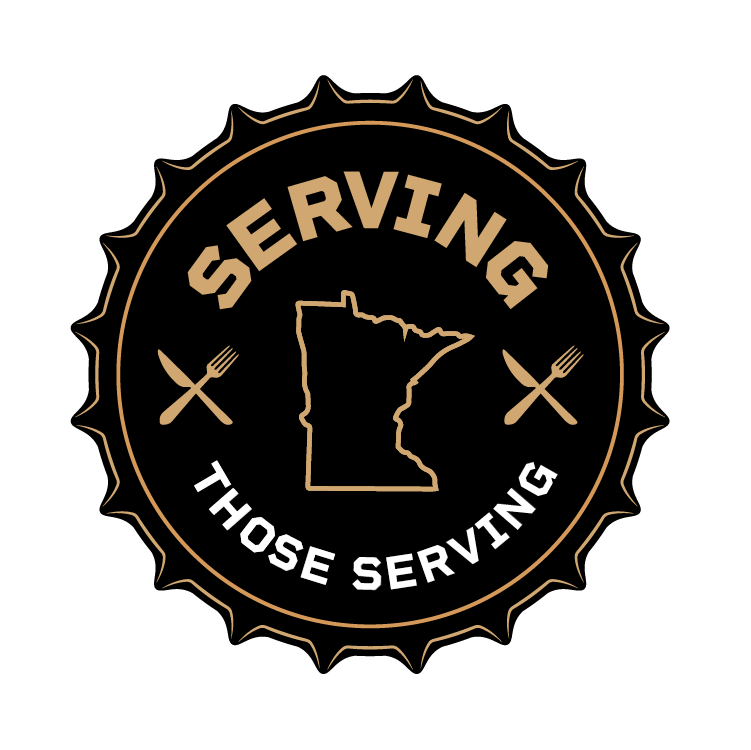Why Work-Life Balance is So Hard in the Service Industry
🔄 Unpredictable Schedules
Service industry workers often get schedules with short notice. That makes planning your personal life—doctor’s appointments, family events, or even just rest—frustratingly difficult. On-call shifts and rotating hours also make it hard to stick to routines.
🕐 Long or Split Shifts
Double shifts, “clopens” (closing late and opening early), and extended weekend hours are common. When you’re spending 10–12 hours at work, there’s not much left for anything else—especially meaningful rest or quality time.
💸 Financial Pressure
Because many service jobs rely on tips or hourly pay, workers often feel they can’t say no to extra shifts. Turning down hours might mean not making rent or covering basic needs.
🎭 Emotional Spillover
Dealing with difficult customers or high-pressure shifts doesn’t just stay at work—it follows you home. The emotional exhaustion can affect your mood, relationships, and even your sleep.
🚫 Lack of Boundaries
Without consistent policies or cultural support for boundaries, workers often feel expected to be available at all times—answering texts on days off, picking up shifts last minute, or never taking full breaks.
Finding Balance (Even in Small Ways)
While you can’t always control your schedule, there are ways to protect your time and energy.
✅ Say Yes to Yourself
Start treating your personal time like a shift—something that’s non-negotiable. Even if it’s just an hour a week, block it out and protect it.
✅ Set Boundaries with Work
If you're able, let your manager know your limits (e.g., not working past a certain time, or needing one weekend a month off). Small boundaries make a big difference.
✅ Use Downtime Intentionally
Don’t pressure yourself to be “productive” on your days off. Use downtime to recharge, not catch up on errands unless you want to.
✅ Stay Connected
It’s easy to isolate when you’re exhausted, but connection helps prevent burnout. Even short hangouts with friends, phone calls, or venting to a coworker can restore balance.
✅ Prioritize Sleep and Hydration
It sounds obvious, but poor sleep and dehydration are two of the biggest silent drains on your energy and mood.
For Employers and Managers: How You Can Help
Offer stable schedules when possible
Respect time off and avoid last-minute scheduling
Normalize breaks, rest, and self-care conversations
Avoid guilt-tripping staff into picking up extra shifts
Recognize and reward effort—don’t just expect it
Final Thoughts
In the service industry, balance isn’t about perfection—it’s about protecting small pockets of your life that belong to you. It’s okay to ask for support. It’s okay to say no. And it’s more than okay to prioritize your well-being, even in an industry that often demands otherwise.

